Elizabeth Frost’s memoir unravels the intricacies of life as an expatriate in Saudi Arabia, blending personal tales with cultural insights. The story of Elizabeth Frost, affectionately known as Bizzie, is one of breaking conventions and embracing adventure.
From the tea-growing highlands of Kenya to the bustling streets of Saudi Arabia, Bizzie's journey intertwines culture, tradition, and personal growth. Her upcoming memoir on Saudi Arabia promises enthralling tales of tea, tradition, and the pursuit of understanding in a rapidly changing world. She captures the beauty of Arabic words and thoughts, weaving them into rhythms that resonate deeply.
In this exclusive interview with Saudi Times, Bizzie discusses her extraordinary life, reflecting on her years in Saudi Arabia, the challenges of expatriate life, and her exploration of the Kingdom's culture through photography and storytelling. Her insights also touch on the evolving Saudi social fabric and the importance of fostering young talent in arts and music to bridge global cultures.
Q: Elizabeth Frost, known to everyone as Bizzie, tell us something about yourself.
A: I was born in Kenya and grew up in a small town in the heart of the tea-growing district. It was an idyllic childhood, spent in a remote forest where my father taught local farmers how to plant tea. We lived without electricity, using paraffin and methylated spirit lamps for light.
A battery-powered radio brought us BBC news through crackling and whistling sounds. Occasionally, we connected a turntable to the radio to play the few records we owned, one being the My Fair Lady soundtrack. By six, I knew all the songs by heart.
After schooling in Kenya, I attended a strict convent boarding school in Belgium and later studied nursing in London. Upon qualifying, I returned to Kenya, where I met my husband, Richard Frost, an airline pilot.
Q: Saudi Arabia then was an unknown country. What motivated the move?
A: Like many expatriates, we moved for financial reasons. By 1984, we had two children, and the future in Kenya looked uncertain with rising school fees. Saudia Airlines was recruiting pilots, offering more than double my husband's salary. Although we expected the job to last three years due to Saudization efforts, we ended up staying in Saudi Arabia for 31 years, leaving in April 2015.
Q: You lived in Saudi Arabia during a transformative period. How was social life back then?
A: Initially, living in an expatriate compound was a greater culture shock than life in Jeddah itself. Compounds segregated us from local Saudis, limiting our interaction with them. Even connecting with expatriates from other compounds was difficult.
In the beginning, I struggled with the restrictions—living in a small flat, unable to drive or work. However, we eventually built a vibrant social life among the expatriate community. Activities like sailing, camping, and scuba diving enriched our experience. Expat women weren’t required to wear abayas then, and Jeddah, a smaller city of 750,000, felt friendlier.
After the First Gulf War, however, restrictions increased. The muttawa enforced abayas, and security heightened due to terrorism threats. Despite these challenges, we maintained our social lives and continued exploring the country.
Q: With so many obstacles, how did expats build social lives in Saudi Arabia?
A: Compounds played a central role in expatriate life. Saudia City, where we lived, was a small city itself, with a supermarket, shops, pools, and sports facilities. Social events like formal dinner-dances hosted by consulates added glamour.
Expats formed close-knit communities, relying on each other as surrogate families. This camaraderie was essential since extended families were absent. Despite the cultural barriers, we built meaningful relationships within the expatriate circle.
Q: You worked as a photographer in Saudi Arabia for over two decades. Did this help you connect with Saudi society?
A: My photography career began within the compound, specializing in children’s portraits. Later, I worked with local studios, photographing Saudi weddings and royal events. These opportunities allowed me glimpses into Saudi society, though I didn’t build a robust network with Saudis.
Most of my work came through the expatriate business community, and I always felt like an outsider in Saudi society. It wasn’t until later, through initiatives like the Jeddah Cultural Exchange Centre and riding with Saudi Harley-Davidson groups, that I formed connections, though they remained limited.
Q: Recently, you’ve written a book. Is it about Saudi Arabia? What inspired you to write it?
A: My book, yet to be published, is a memoir of my years in Jeddah. It chronicles my journey from initially disliking the country to developing a deeper understanding and appreciation for its culture and people.
I wrote it because there’s a gap in literature about what life in Saudi Arabia is truly like. Outside Saudi Arabia, people are curious and ask endless questions about our experiences. While the country often gets negative press, my book aims to present a balanced view, highlighting both the challenges and the beauty of life there.
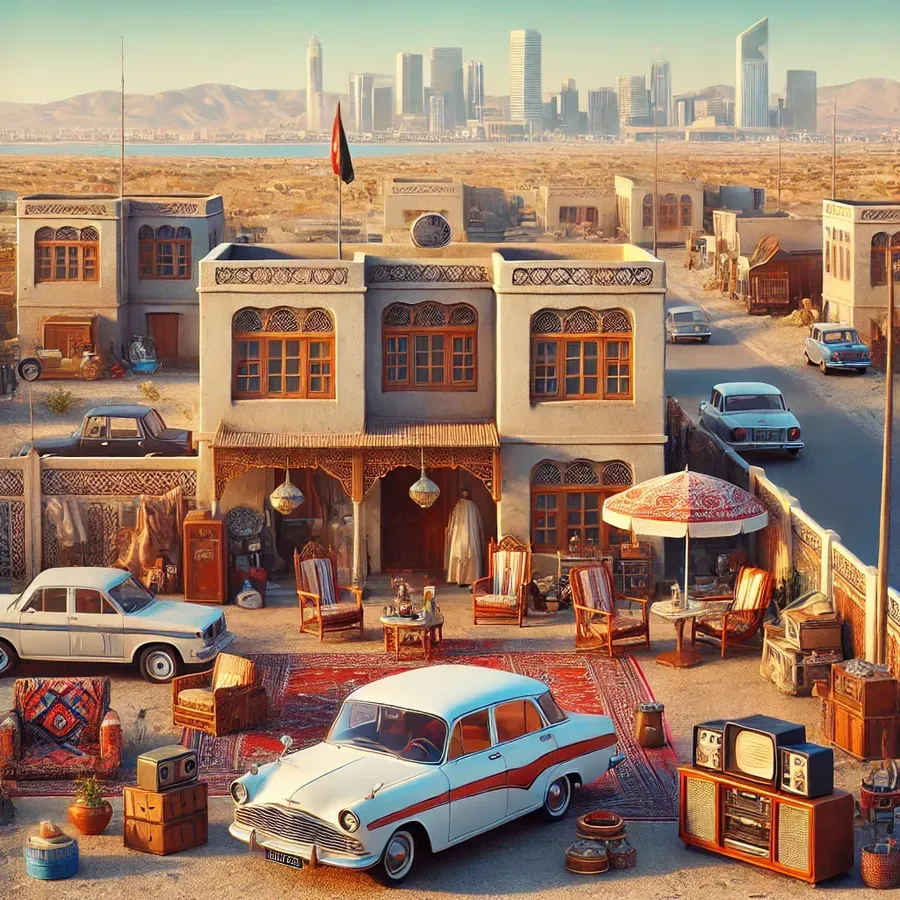
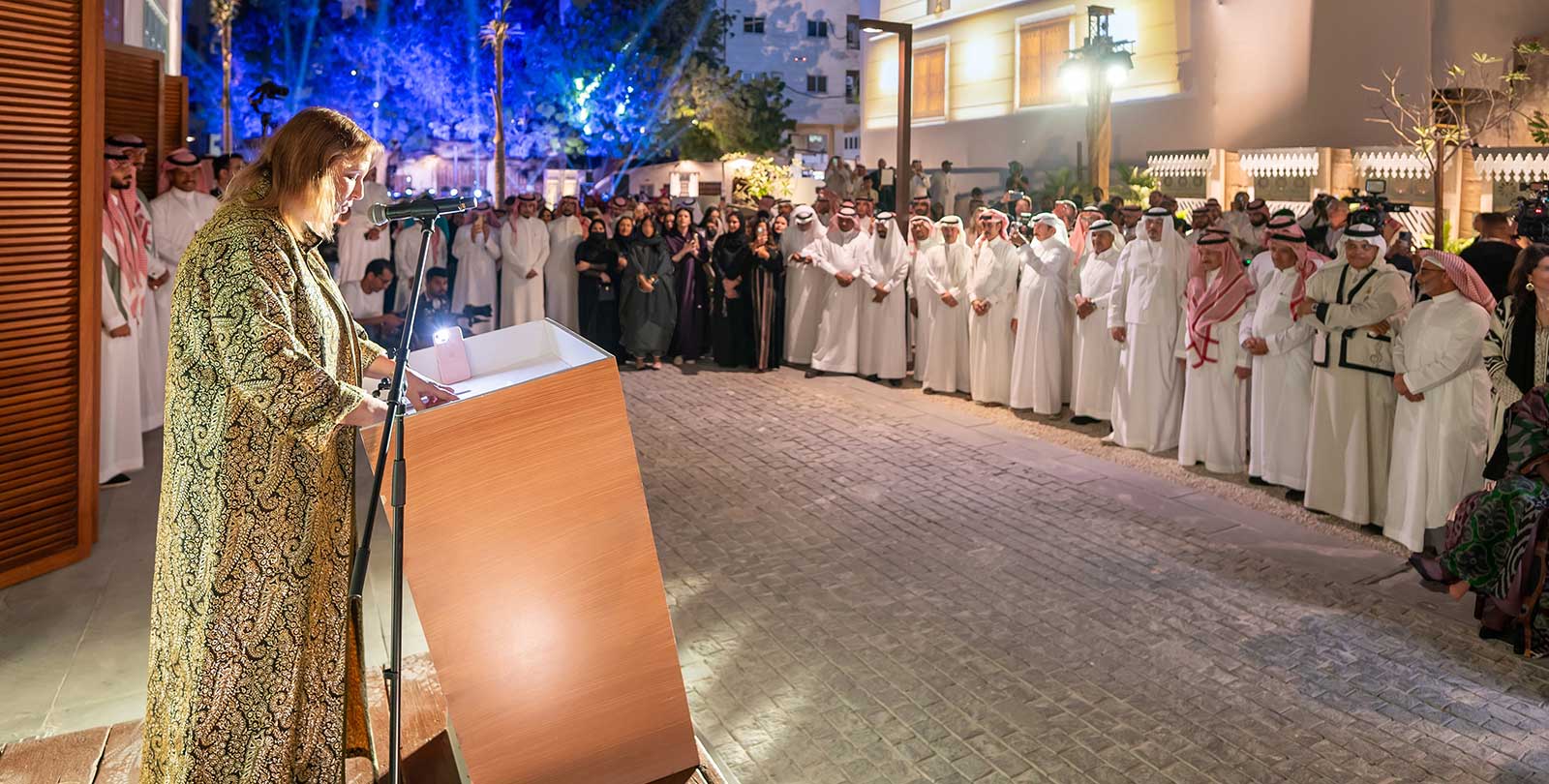
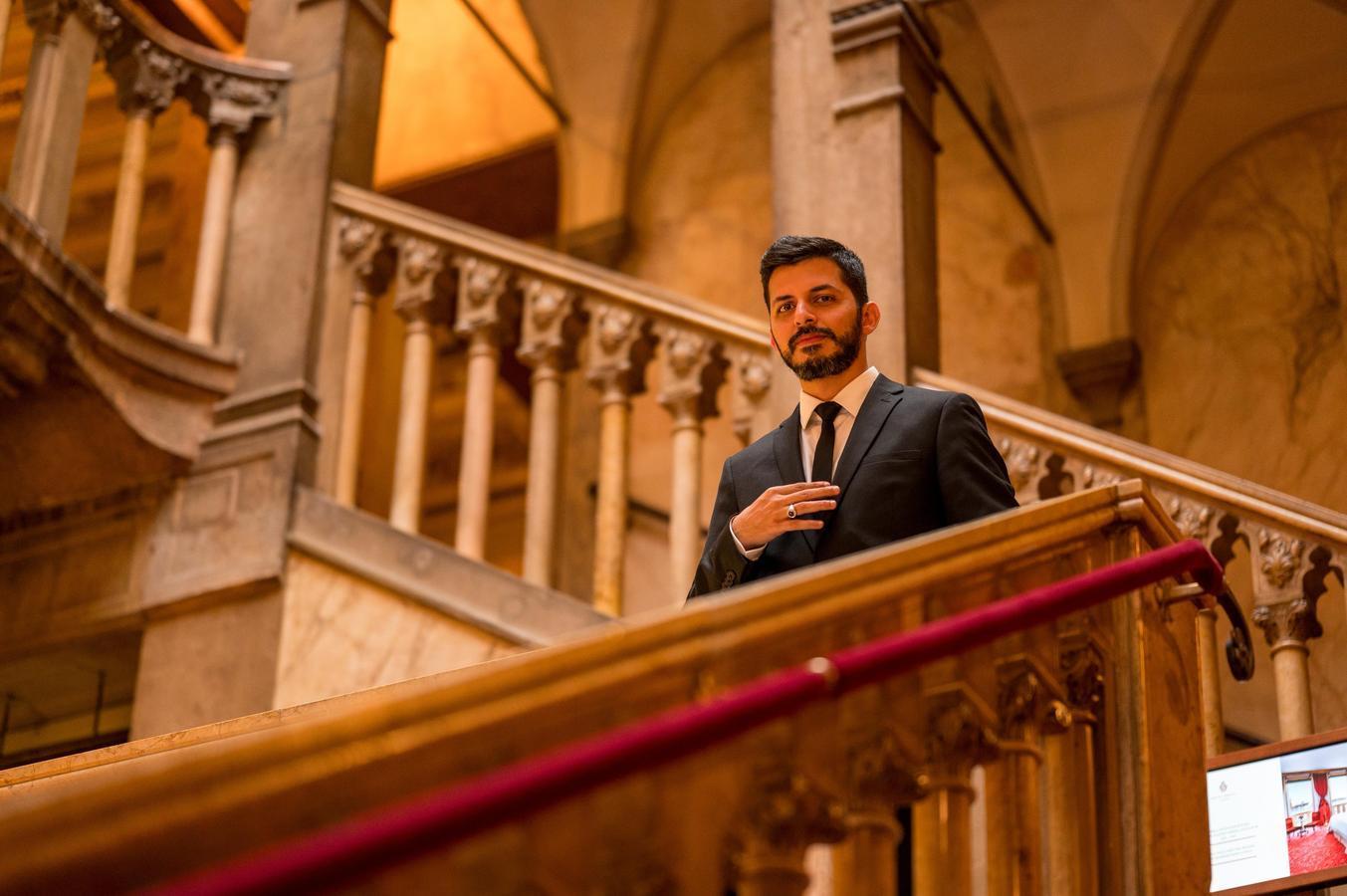
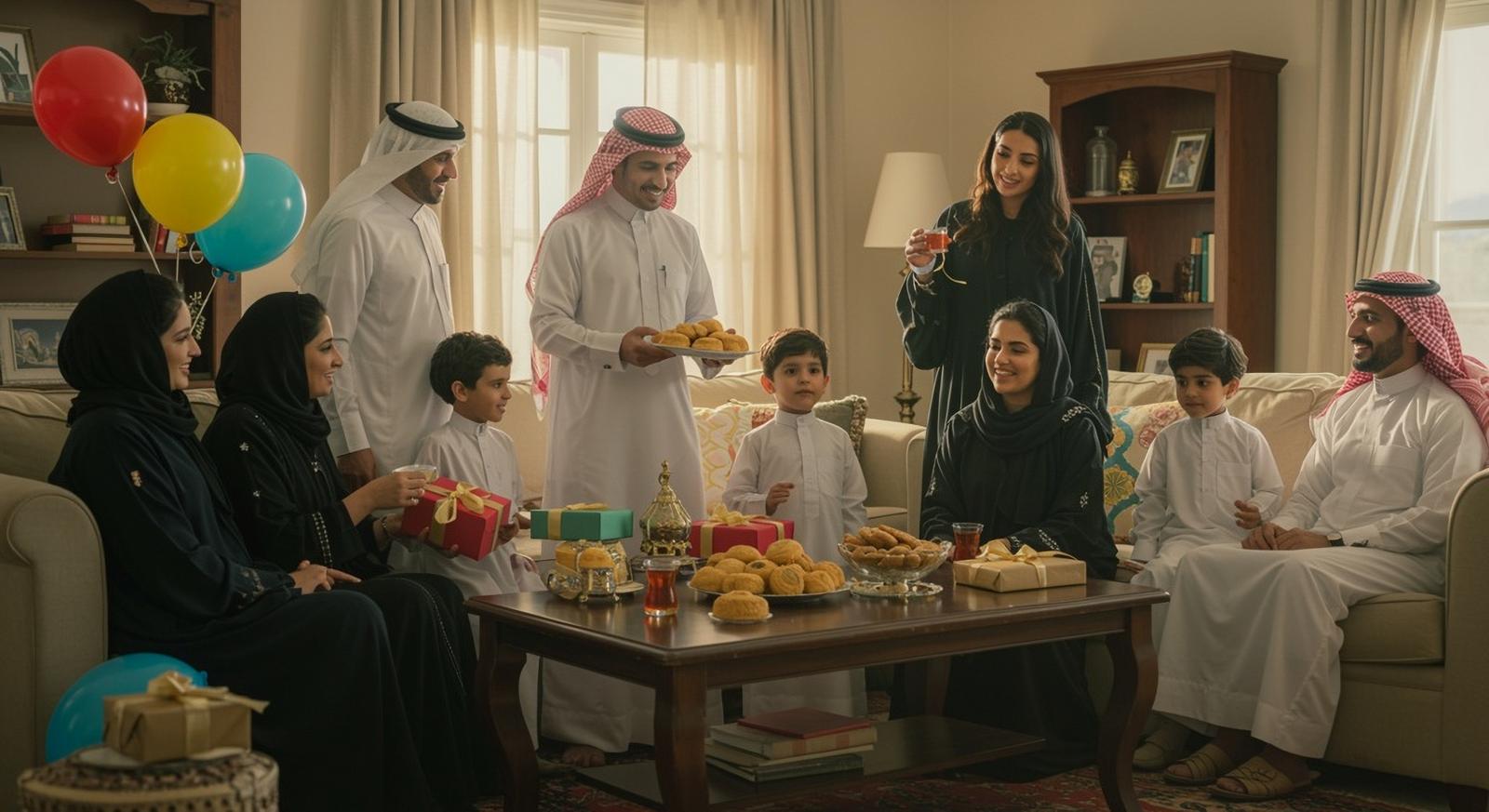

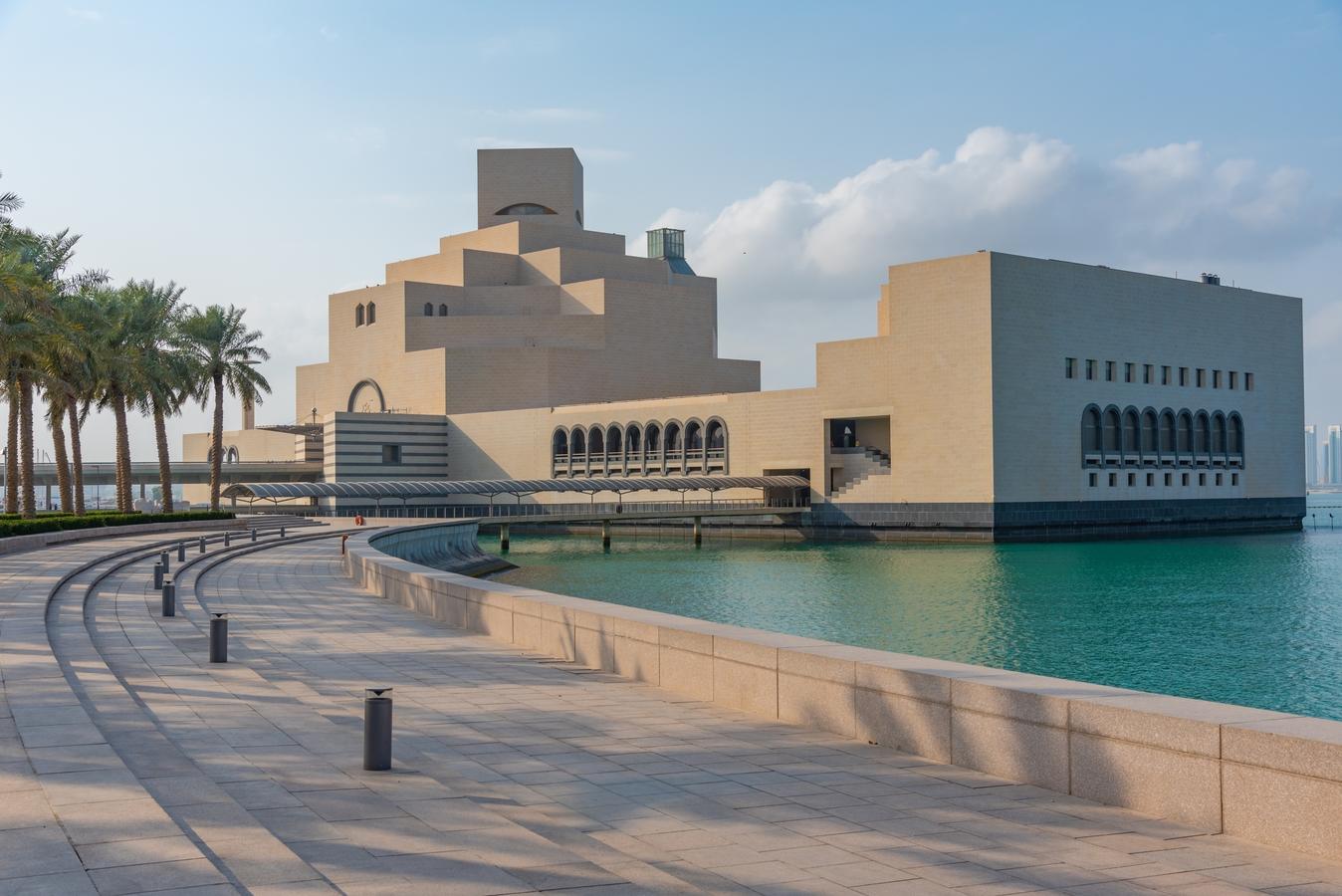
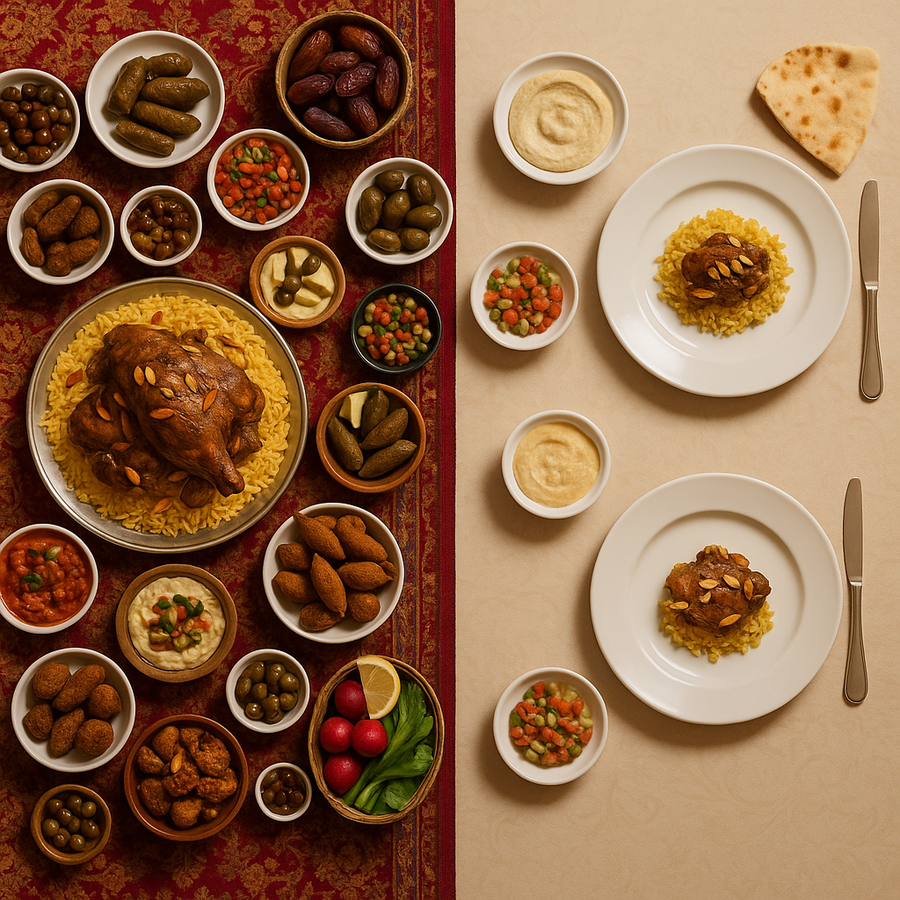
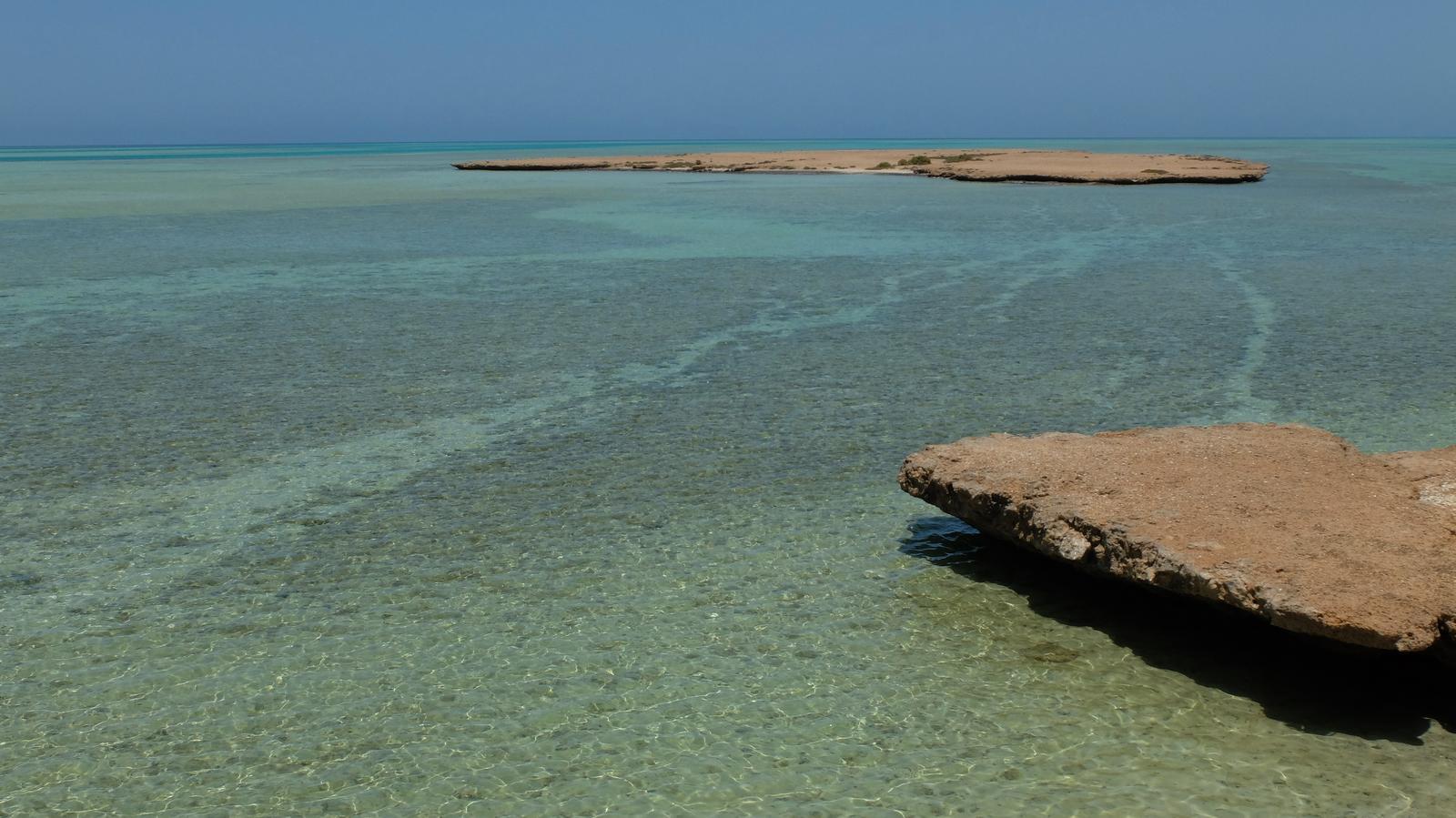
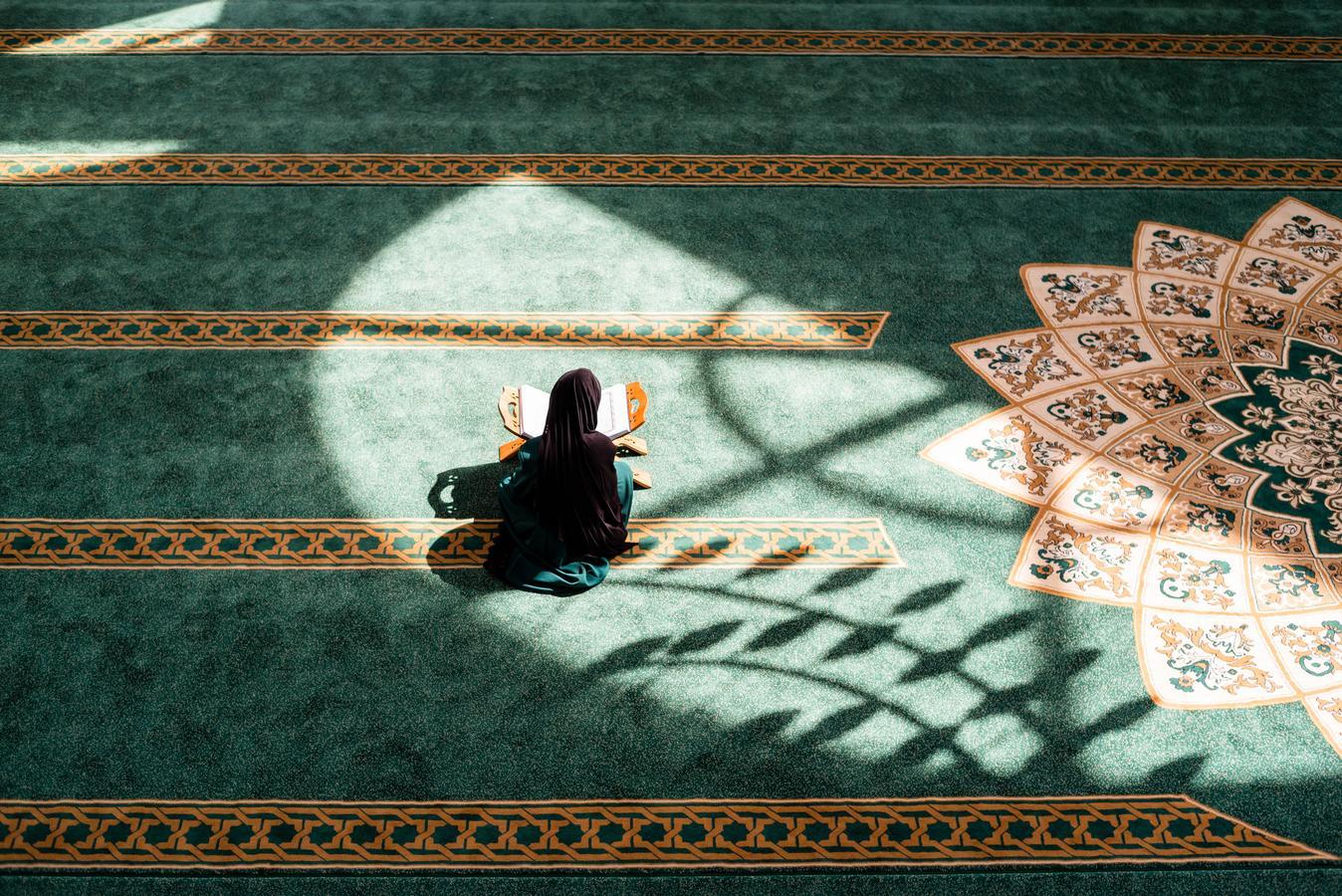
0 Comments
No comments yet. Be the first to comment!